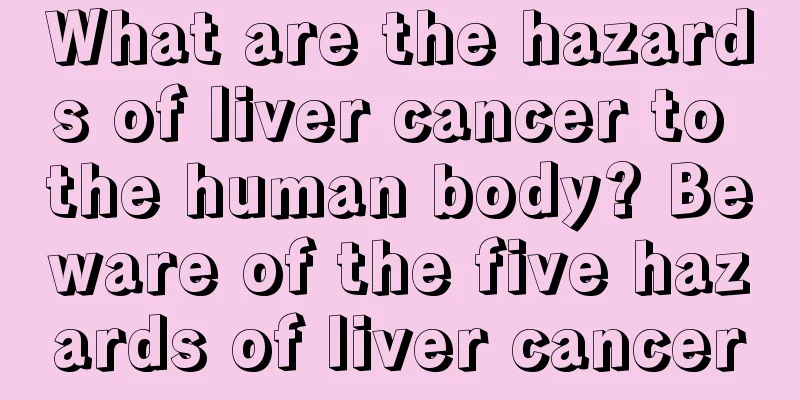The cause of constrictive pericarditis turns out to be this

|
As we all know, constrictive pericarditis is extremely harmful to human health. Therefore, it is particularly important to understand the cause of constrictive pericarditis and prevent it. So what are the causes of constrictive pericarditis in daily life? In fact, the occurrence of constrictive pericarditis is mainly caused by tuberculosis infection. 1. Causes The main cause of constrictive pericarditis is tuberculosis infection. Bacteriological and histological examinations confirmed tuberculosis in 30% of the lesions. In more than 50% of cases, the causative factor cannot be identified. However, in many cases, due to long-term anti-tuberculosis drug treatment, the evidence of tuberculosis lesions has disappeared when pericardial constriction occurs. Therefore, it is believed that most of these cases are tuberculous pericarditis, followed by suppurative infections. Traumatic and non-traumatic hemopericardium cause constrictive pericarditis in about 10% of cases. In recent years, the number of patients with this disease after cardiac surgery has increased.2. Pathology The main pathophysiological changes of constrictive pericarditis are that the constricted pericardium restricts the normal activity of the bilateral ventricles. In the early stage of the disease, the main manifestation is that the late ventricular diastole is restricted. As the disease progresses, the mid-diastole is also significantly affected. During left ventricular diastole, intraventricular pressure rises rapidly, blood return to the left and right ventricles is obstructed, and venous pressure increases, manifesting as distended neck veins, hepatomegaly, ascites, pleural effusion and generalized edema. A small number of patients may experience splenomegaly. Cardiac output is slightly lower than normal, and stroke volume is significantly reduced. During physical activity or in severe coarctation, cardiac output is maintained primarily by increasing heart rate. When annular narrowing occurs in the atrioventricular groove and the roots of large blood vessels, murmurs and signs of valvular dysfunction in the corresponding areas may occur. The disproportionate degree of ascites and peripheral edema is a major feature of this disease. The mechanisms of ascites are as follows: ① Obstructive congestion of the liver, obstruction of hepatic venous return; ② Pericardial adhesions on the diaphragmatic surface affect lymphatic return; ③ Decreased plasma albumin. |
<<: How urinary stones are formed is actually related to these factors
>>: What is pericarditis? The causes are these
Recommend
Auxiliary examinations for patients with laryngeal cancer
X-ray examination of the throat can reveal the lo...
How much does minimally invasive surgery for kidney cancer cost
In a competitive society, people are paying more ...
Can Chinese medicine eliminate renal hamartoma? How long will it take?
The effectiveness of Chinese medicine for renal h...
What are some tips for preventing scars from oil burns on the face?
Usually after being scalded by oil, if you don’t ...
What diseases can be treated with hot compress with large salt?
Big salt is a common type of salt in real life. F...
Can I eat hazelnuts if I have skin allergies
Nuts are definitely best-sellers on supermarket s...
The process of autologous fat chin augmentation turns out to be like this
Autologous fat chin augmentation is a popular pla...
What to do if gastroenteritis and diarrhea do not stop? Antibacterial treatment is crucial
Gastroenteritis is often caused by bacterial infe...
What is the cause of bleeding tongue
Tongue oozing may be caused by local trauma, and ...
Can gastrointestinal cancer be cured if it has not spread?
We all know that the earlier any disease is treat...
What is better to eat when you have a sore throat in autumn?
I believe everyone knows that it is easy to get a...
Nursing methods for preauricular fistula drainage
Some patients are troubled by preauricular fistul...
How long can you live with osteosarcoma lung metastasis
Osteosarcoma is a highly malignant tumor in the b...
How to preserve homemade strawberry jam and what are the benefits
Nowadays, many families like to make their own st...
Pay attention to the early symptoms of melanoma
The symptoms of melanoma are often ignored by car...









